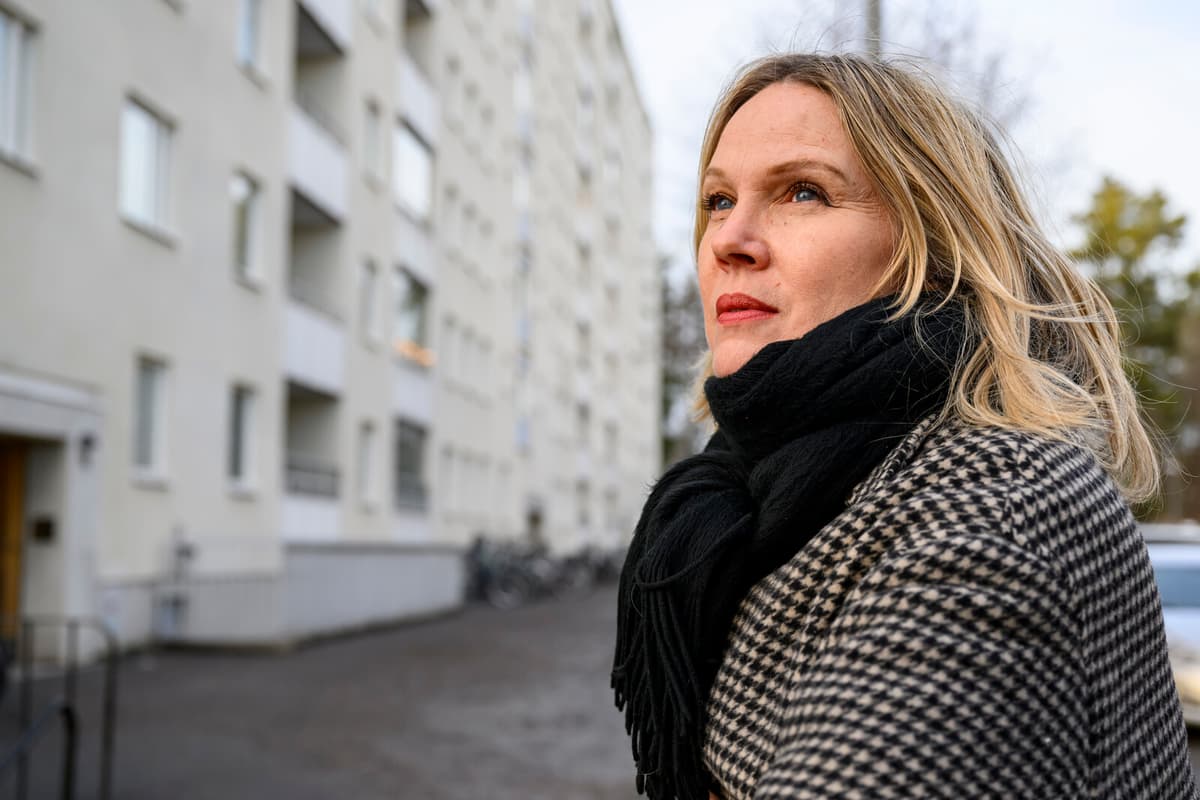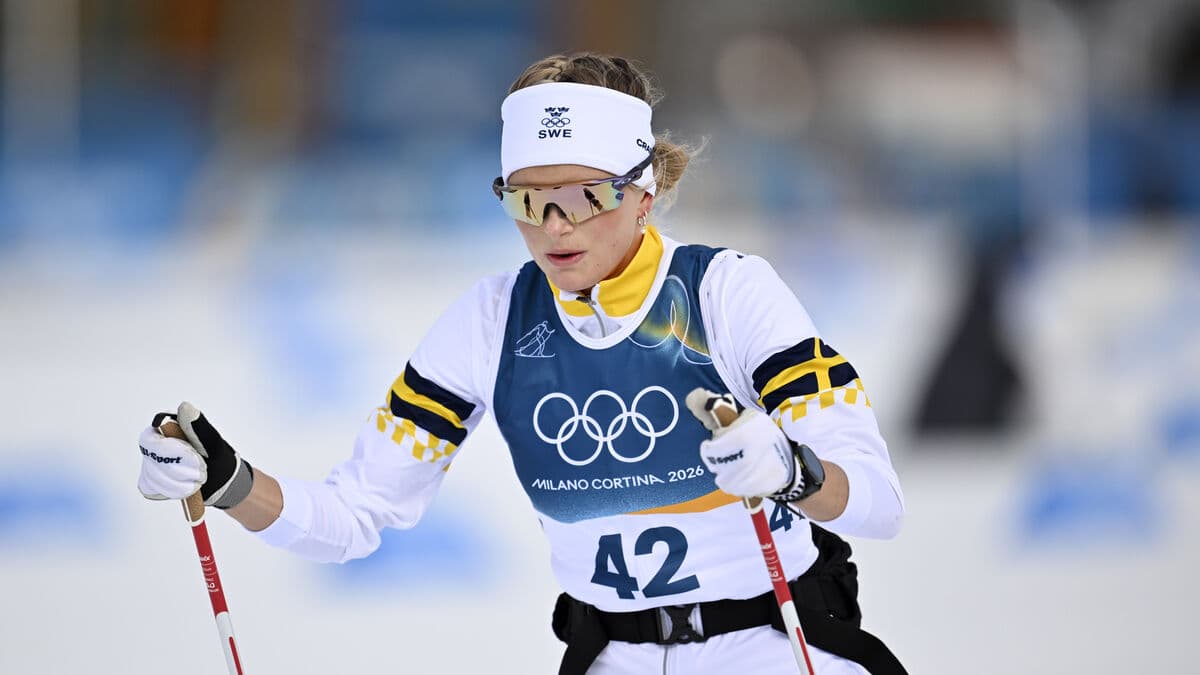Jenny Aschenbrenner has long been engaged in cultural journalism and literary criticism, among other things at Sveriges Radio P1 and Svenska Dagbladet. Now she debuts with the novel "The Only Way is Up, Baby". She wrote the novel during her spare time and shorter leaves of absence with a sense of freedom in her body.
I thought for a long time that I didn't need to show the text to anyone if I didn't want to. I wrote only for myself. It gave me total freedom to experiment with both content and language.
Could Take Liberties
She didn't need to "play it safe". But halfway through, she got stuck and couldn't move forward on her own. Then she signed up for a writing course with authors Monika Fagerholm and Mia Franck.
I needed some guidance with concrete technical advice to get the text over the hump.
Advertisement
"The Only Way is Up, Baby" is a coming-of-age story from the high-rise area of 1980s Stockholm suburb Täby, the place where Jenny Aschenbrenner grew up. One of the novel's central themes is class differences.
There was a big difference between children who lived in villas and those who lived in high-rise buildings. But I think it's even more pronounced today.
Despite the novel taking place in Täby in the 1980s, it's not autobiographical.
I've used the environment, certain events, and moods. What happens to the characters in the book hasn't happened to me.
Advertisement
In the center of the story stands Erika, who in the novel's opening finds out that her best friend from childhood, Paula, is dead. This becomes the starting point for a memory work that encompasses the scent of perfume, the taste of witch's brew, and the feeling of a pair of tight jeans.
One of the impulses to write the novel was that I wanted to return to my childhood Täby. When I started, I was surprised by how sensual the memories were. It was precisely scents, tastes, and feelings that came to me.
Friendship and Betrayal
When the novel's Erika and Paula become friends, they're elementary school kids. They initiate a friendship that lasts into their teenage years. The narrative voice belongs to the adult Erika. Jenny Aschenbrenner portrays the great feelings of discovering and thinking you own the world – and then having it taken away through abuse and betrayal.
I like books that portray girls and their friendships. For me, it was interesting to explore an extremely intense friendship that's put to the test due to events the characters themselves can't control.
Advertisement
Name: Jenny Aschenbrenner
Born: 1973. Grew up in Stockholm suburb Täby
Occupation: Literary critic and cultural journalist, editor of Översättarcentrum's magazine "Med andra ord".
Current with: Debut novel "The Only Way is Up, Baby".
"Apart from Elena Ferrante's self-written series about Lila and Elena, also:
Monika Fagerholm's "The American Girl"
A wild and reckless and wonderful novel where two tousled girls, Doris from the woods and sulky Sandra, become friends beyond the symbiosis boundary and play with everything that hurts and is dangerous.
Simone de Beauvoir's "The Inseparables"
Feminist icon's autobiographical and intense story about a passionate friendship with her and a contemporary girl, and about everything that bound them both in a narrow little girl's life – the church, family, and society.
Inger Edelfeldt's "Juliane and I"
A youth book classic for all girls who don't fit into the girl role, about finding a new friend who also bears the darkness as a medal, and together with her summoning the dark forces to burst the pink little role.






